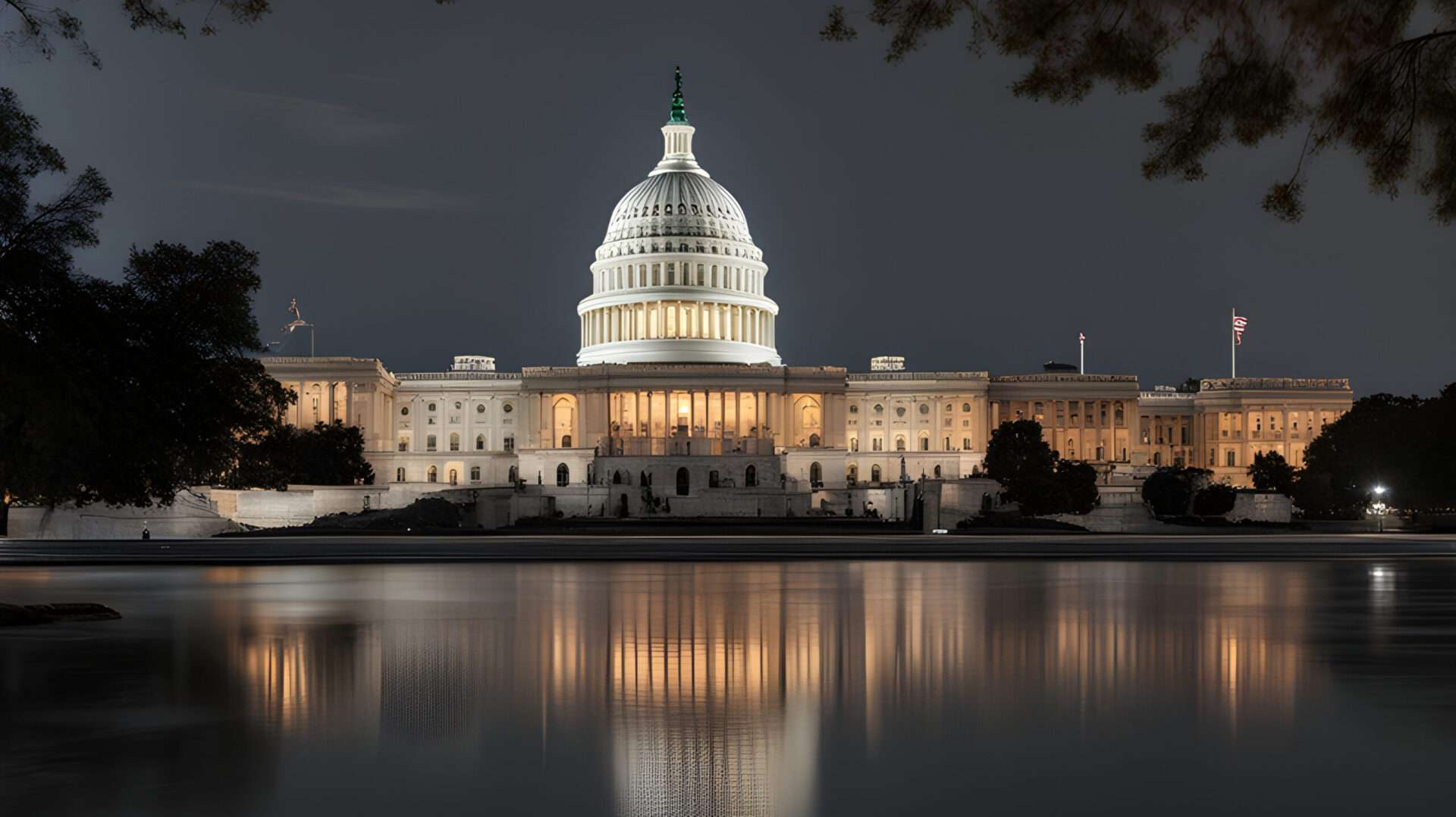The Role of Social Media in Modern Politics: Exploring How Platforms Like Twitter and Facebook are Changing Political Discourse
In the 21st century, social media has emerged as a formidable force in shaping public discourse, especially in the realm of politics. Platforms such as Twitter, Facebook, and Instagram are not just tools for personal communication; they have transformed the way politicians engage with constituents, disseminate information, and mobilize support. This article will delve into various dimensions of how social media impacts modern political landscapes, including accessibility, engagement, amplification of messages, and its broader implications on democracy.
Accessibility and Reach
Social media provides unprecedented access between politicians and the public. Politicians leverage platforms like Twitter and Facebook to communicate directly with constituents, bypassing traditional media barriers that once defined political communication. This immediacy not only allows for the dissemination of real-time updates regarding policies, events, or public statements but also democratizes information access. Citizens can stay informed without relying solely on news outlets, which may have their own biases or constraints. As a result, politicians can quickly address issues or seize the narrative in a time-sensitive environment, making political engagements more responsive and dynamic.
Amplification of Political Messages
The power of social media lies in its ability to amplify political messages unfiltered, bypassing the gatekeeping role of traditional media. Viral posts or hashtags can transform a political stance or slogan into a national conversation overnight. For instance, a tweet from a political figure can gain traction, leading to widespread discussions across various platforms. This amplification can shape public opinion significantly, enabling grassroots movements or initiatives to gain visibility. However, while this can foster democratic participation, it can also lead to the rapid spread of misleading or polarizing content, complicating the political discourse.
Engagement and Interaction
Unlike traditional forms of communication, social media facilitates a two-way dialogue between voters and political figures. Voters can engage with politicians through comments, likes, and shares, fostering a sense of direct interaction that is not typically found in other media formats. Platforms allow for public opinion polls, live Q&A sessions, and immediate feedback loops, enabling politicians to gauge public sentiment in real-time. This enhanced engagement creates a political landscape where constituents feel heard and valued, though it can also lead to the phenomenon of performative activism, where interactions are more about visibility than genuine engagement.
Mobilization and Advocacy
Social media has proven to be a powerful tool for mobilization, particularly among younger demographics. Platforms help organize protests, rallies, and voting drives, overcoming traditional barriers to activism. Movements like Black Lives Matter have effectively utilized hashtags and viral campaigns to raise awareness about social issues and foster collective action. Moreover, social media provides an accessible means for individuals to become advocates for causes they believe in, allowing for a rapid assembly of support around specific issues, which traditional organizing methods may struggle to achieve.
Influence on Political Discourse
The impact of social media on political discourse is profound, rendering it faster-paced, more concise, and often more polarized. The evolution of discourse manifests itself in the formation of “echo chambers,” where users primarily encounter content that aligns with their existing beliefs. These echo chambers can entrench individuals in their viewpoints, limiting exposure to diverse perspectives and constructive debates. As political discourse becomes more acrimonious, the consequences could extend beyond simple disagreements, potentially leading to societal fragmentation.
Role in Elections
Social media has irrevocably altered the landscape of political campaigns. Candidates can now target specific demographics with precision using tailored ads, a strategy enhanced by data analytics that offers insights into voter preferences and behaviors. Microtargeting has become a common practice, allowing campaigns to reach niche audiences with messages that resonate on a personal level. While this technique can enhance voter engagement, it also raises ethical questions about voter manipulation and the commodification of political beliefs.
Challenges and Criticisms
The benefits of social media come with significant challenges and criticisms. The platforms can facilitate the spread of misinformation and fake news, which misleads voters and distorts public perception. Often, political polarization is aggravated as algorithms curate content that reinforces users’ existing views, limiting exposure to opposing opinions. Moreover, privacy concerns over data collection by social media companies have emerged, as personal information may be exploited to influence political behavior without users’ full awareness.
Impact on Democracy
Social media’s role in politics presents a paradox. On one hand, it has democratized information access, empowering underrepresented groups and enhancing political accountability. Grassroots movements have thrived in this digital arena, often circumventing traditional power structures to amplify their voices. On the other hand, the influence of “digital oligarchs”—the owners of social media platforms—can be troubling, as these entities control access to information, shaping political agendas and public opinion in ways that may not align with democratic values.
Future Trends
As technology evolves, so too will the role of social media in politics. Emerging platforms and innovations, including AI-driven news feeds and augmented reality, could further reshape political engagement and discourse. Concurrently, regulatory efforts may arise in response to the challenges of misinformation and data privacy, influencing how social media platforms operate within political contexts. These developments will undoubtedly affect how politicians and constituents engage in the future.
Conclusion
In conclusion, social media has become an integral component of modern political discourse, offering both opportunities and challenges. It has enhanced accessibility, engagement, and mobilization, allowing for a richer and more diverse political landscape. However, it also raises concerns about misinformation, polarization, and the influence of technology on democracy. Navigating this complex terrain will require vigilance and critical engagement from both politicians and voters as they seek to harness the positive potential of social media while mitigating its risks. The coming years will undoubtedly reveal more about the intricate relationship between social media and politics, underscoring the importance of continued dialogue and adaptation in this digital age.

Leave a Reply